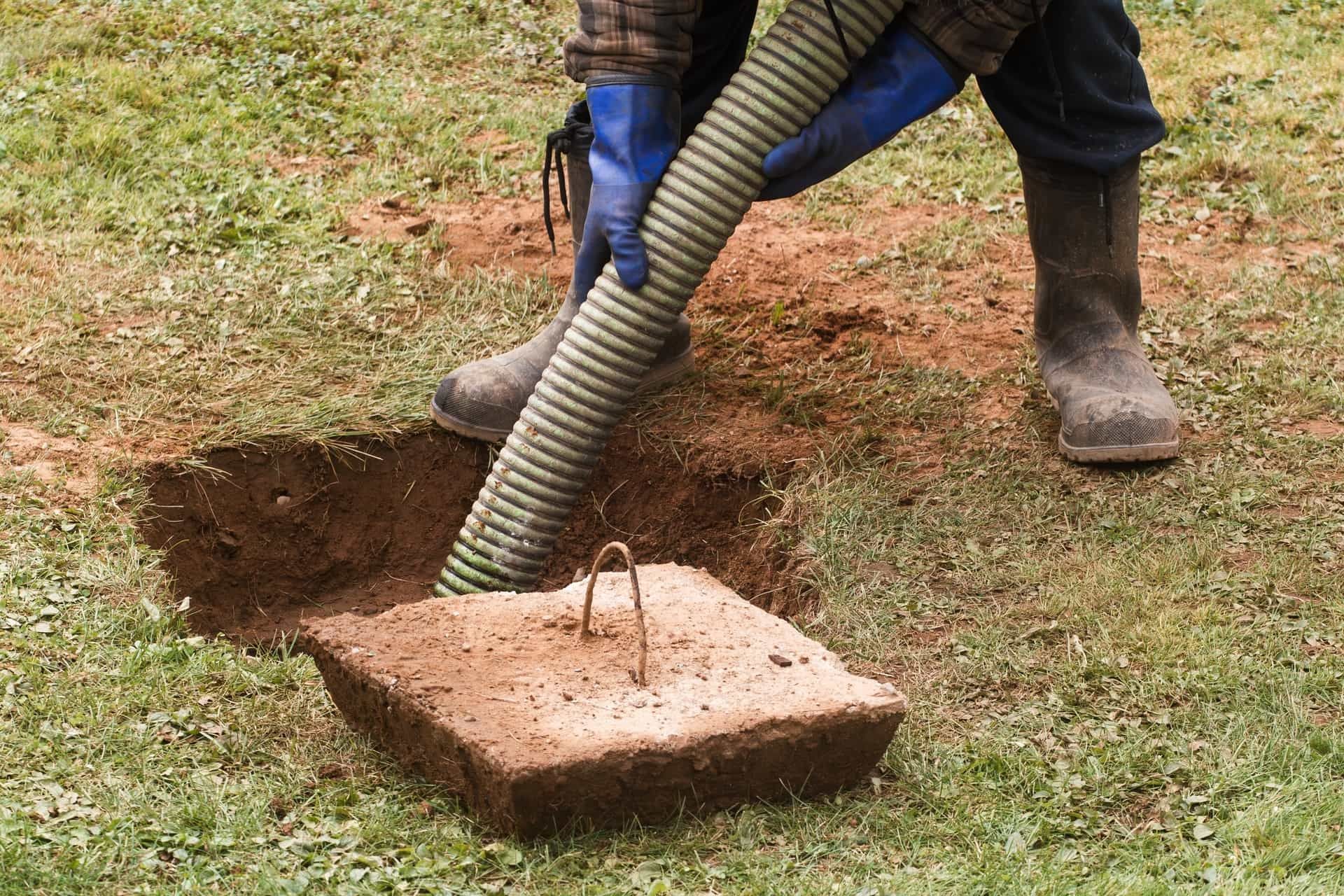Hablamos Español
Updates to Roof and 4-Point Inspection Forms: What You Need to Know
If you’re a homeowner, buyer, seller, or real estate agent in South Florida, this blog is for you. Citizens Property Insurance Corporation has made some big updates to their 4-Point Inspection Form and Roof Inspection Form. These changes may sound technical, but they’re actually pretty straightforward—and they affect how homes are inspected and evaluated for insurance eligibility. Let’s break it down in plain English so it’s easy to understand.
What Are These Forms Anyway?
First things first—what are these inspection forms?
- The 4-Point Inspection Form evaluates four key systems in a home: electrical, HVAC (heating, ventilation, air conditioning), plumbing, and roofing. Insurance companies use this form to assess the overall condition of older homes.
- The Roof Inspection Form focuses entirely on the roof—its age, condition, and whether there are any leaks or damage.
These forms help insurance companies decide if your property qualifies for coverage. So yeah, they’re pretty important!
What’s New in the 4-Point Inspection Form?
Citizens has made some updates to ensure inspections are more thorough. Here’s what’s changed:
- Photo Requirements
- Inspectors now need to take photos of the temperature pressure relief (TPR) valve on water heaters. Why? Because this little valve is a big deal for safety—it prevents your water heater from exploding if the pressure gets too high.
- Electrical System Updates
- Got single-strand aluminum wiring in your home? You’ll need proof that it’s been fixed or remediated by a licensed electrician. Aluminum wiring can be a fire hazard if not handled properly.
- More types of wiring have been added to the form for documentation—this makes inspections more detailed and accurate.
- HVAC Changes
- Inspectors will now ask two questions about wood-burning stoves or central gas fireplaces: Are they present? Were they professionally installed? This ensures these systems are safe and up to code.
- Plumbing Details
- Inspectors will document the age of your pipes, water heater, and drain system—and whether your plumbing is original, partially re-piped, or completely re-piped. They’ll also note when PEX piping was installed (if applicable).
- Roof Inspections
- If there are visible signs of leaks on your roof, inspectors must provide more details about them rather than just checking “Yes” on the form. This helps homeowners understand the severity of any issues.
What About the Roof Inspection Form?
The Roof Inspection Form has also been updated to align with these changes. Inspectors will now need to provide detailed photos of each roof slope and expand on any visible leaks or damage they find during the inspection.
Why Should You Care About These Updates?
Let’s talk about how these changes impact you:
Homeowners
If you’re planning to renew your insurance or sell your home, these updates mean inspectors will be looking at your property more closely. Make sure everything is in good shape—especially your plumbing, electrical system, and roof!
Buyers
These forms give you a clearer picture of what you’re buying. You’ll know if the home has any hidden issues that could cost you big bucks down the line.
Sellers
Want to sell faster? Address any issues before listing your property—especially roof leaks or outdated wiring—and keep records of repairs handy for inspectors and buyers.
Real Estate Agents
These updates make inspections more thorough but also more transparent. Use them as a tool to educate clients about potential risks and help them prepare their homes for sale or purchase confidently.
How Do These Updates Affect Real Estate Transactions?
Here’s the deal: Inspections are becoming more detailed, which is great for buyers who want peace of mind—but it can be stressful for sellers if their home isn’t up to par. As an agent or seller, it’s smart to tackle repairs early so inspections don’t derail negotiations later on. And buyers? Use these reports as leverage during negotiations if major repairs are needed!
Wrapping It Up
These updates might seem like extra steps in the inspection process—but really, they’re about making sure homes are safe and insurable while giving everyone involved a clearer picture of a property’s condition. Whether you’re buying, selling, or just maintaining your home, staying ahead of these requirements will save you time and headaches down the road.
So go ahead—check your roof for leaks, update those old pipes if needed, and make sure your electrical system is up to code! And if you’re ever unsure about anything during an inspection process, reach out to professional home inspectors like us—we’re here to help guide you through it all.
Got questions? Let us know — we’d love to hear from you!
Disclaimer: The information on this website and blog is for general informational purposes only and is not professional advice. We make no guarantees of accuracy or completeness. We disclaim all liability for errors, omissions, or reliance on this content. Always consult a qualified professional for specific guidance.
Share this entry
RECENT POSTS
CONTACT US
We will get back to you as soon as possible.
Please try again later.
REQUEST A QUOTE
REQUEST A QUOTE
We will get back to you as soon as possible.
Please try again later.
OUR OFFICE HOURS
Monday – Friday 7.30am to 7pm
Saturday Sunday 7.30am to 5pm
24/7 Online Scheduling 7 days a week.
ABOUT
Guardian Angel Inspections Inc. Is A Family Owned And Operated Home Inspection Company Based Out Of Royal Palm Beach Florida. We Are Licensed And Insured To Perform Numerous Types Of Property Inspections Including: New Construction Inspection (Draw Inspections), Resale Home Inspection, FHA Certification Inspection, Four Point Insurance Inspection And Windstorm Mitigation Inspection.
MENU
SERVICES
CONTACT
Guardian Angel Inspections, Inc.
Phones :

CODE OF ETHICS
At Guardian Angel Inspections, we are focused on providing a Home Inspection Service that is bound to a strict Code of Ethics, and standards of practice. What that means for you is, that we ensure that you will receive the “Highest Quality” service and high standard of professionalism and business ethics . We follow NACHI Nationally Accepted Code of Ethics, Nationally Accepted Standards of Practice, we do Not Perform Repairs on Any Home Inspected and Work Exclusively for the Customer.
All Rights Reserved.
Website Designed & Managed by Oamii.






